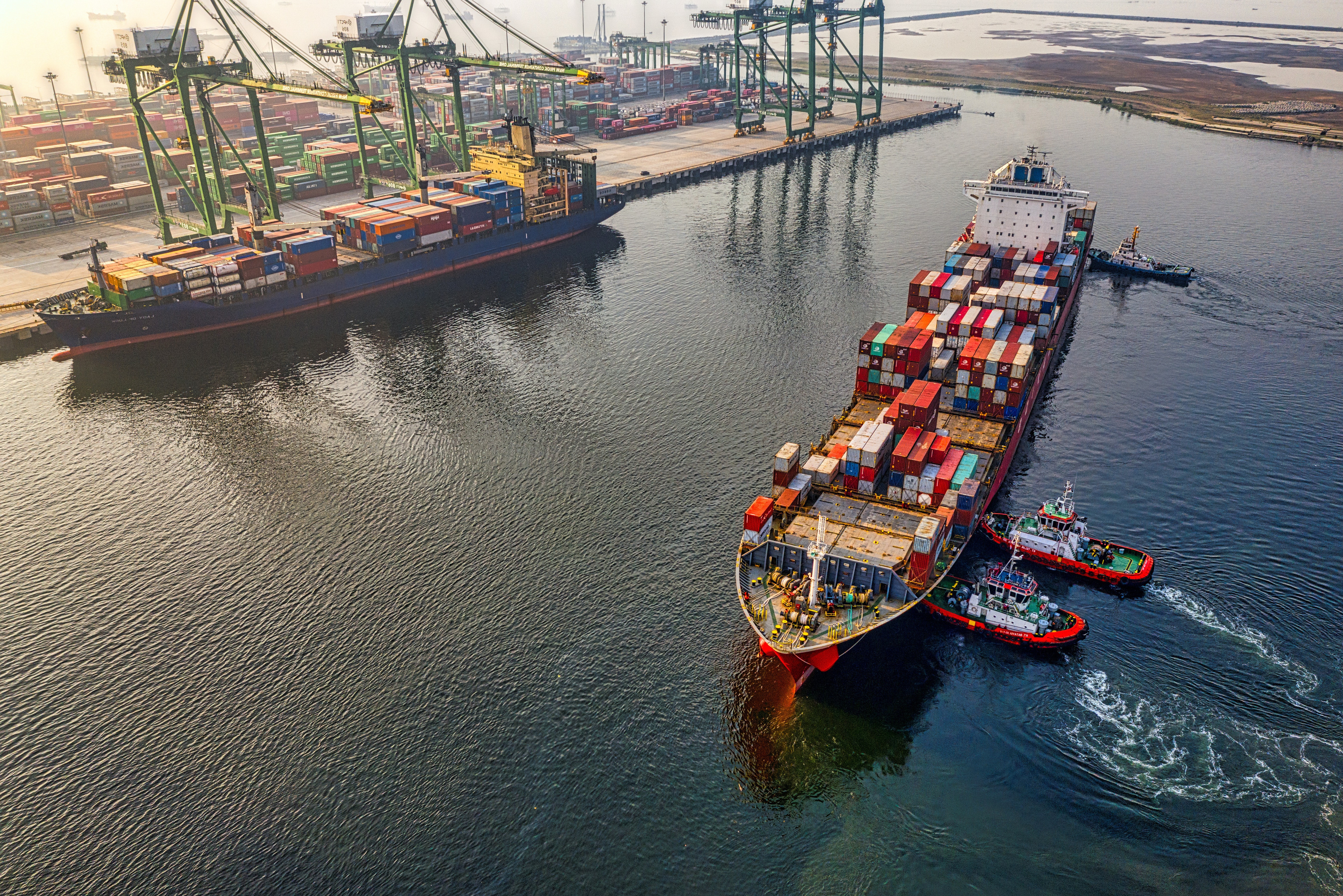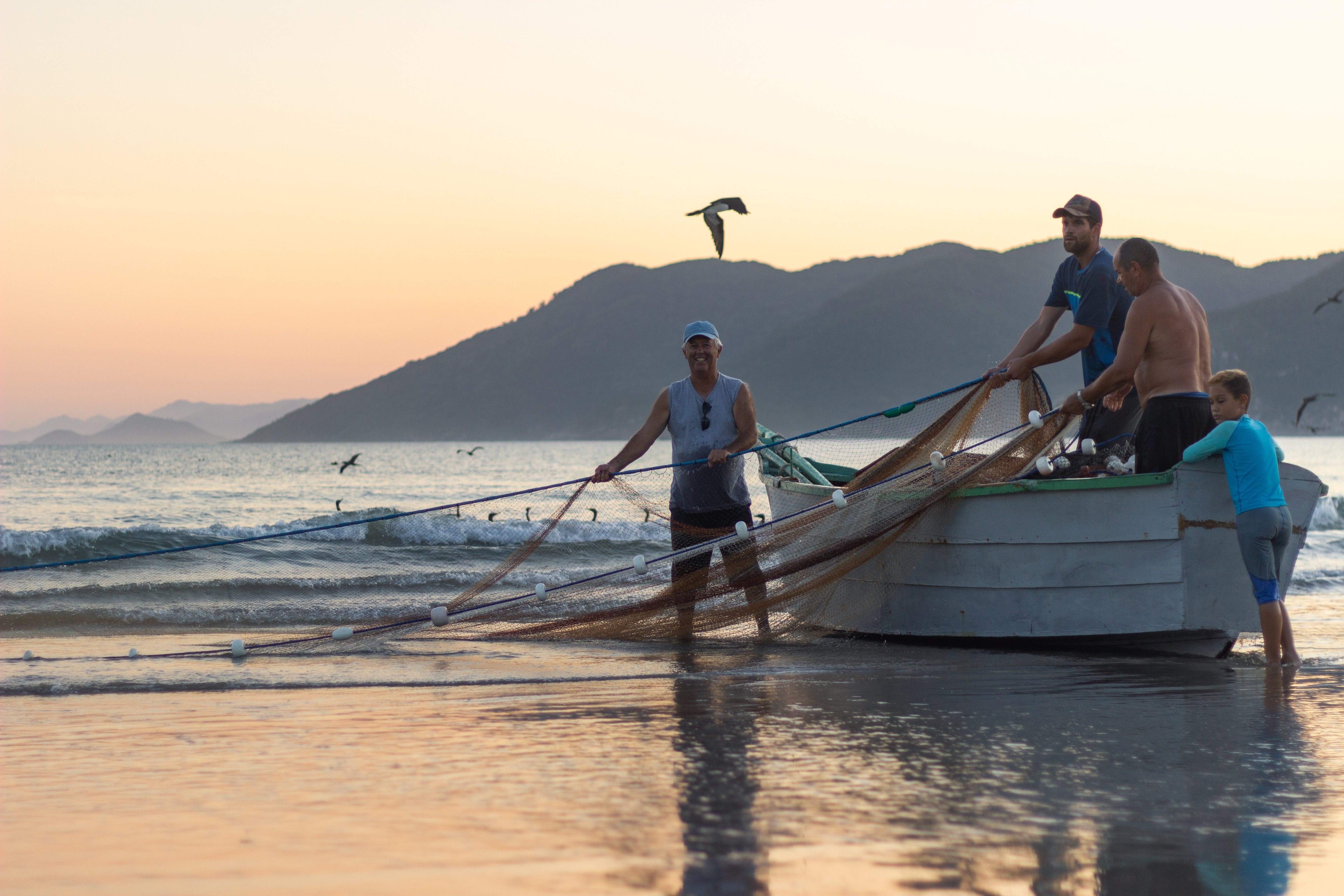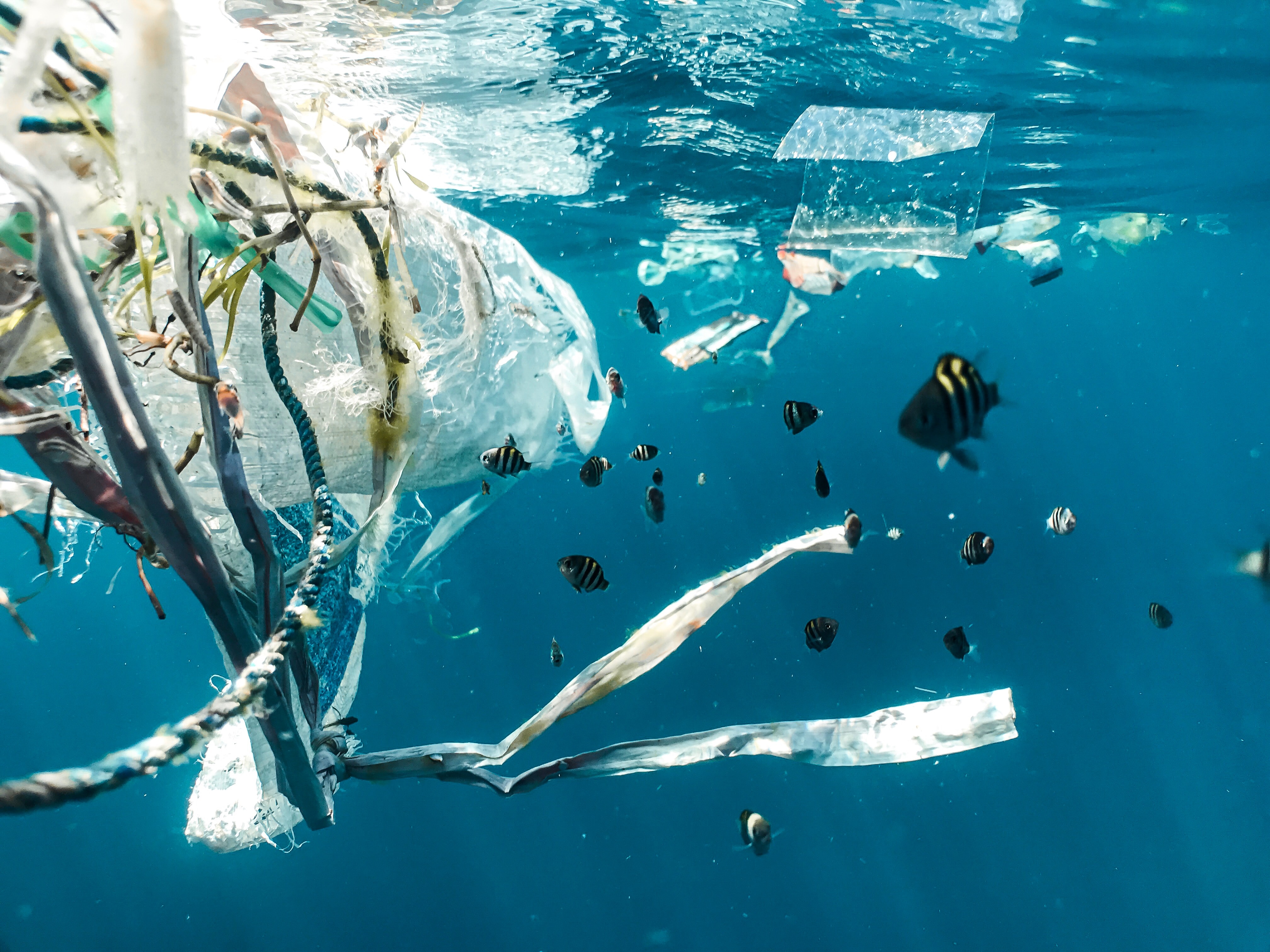A collective exploration of international ocean governance - Experts in Team
The sea knows no boundaries – or does it? A collective exploration of international ocean governance
One of the most important sustainability transitions of our time happens in an area only recently gaining attention in public discourse: the ocean. However, there is a growing consensus that such a “sea blindness” goes hand in hand with a lack of concern which is highly problematic as the future of humanity depends on thriving oceans, which are – to put it mildly – under pressure (European Commission, 2022; IPCC, 2019).

The course offers the chance to collectively investigate and think through already existing forms of ocean governance in Norway, the European Union, and beyond, while reflecting on the tendencies of economization and politicization of the ocean. In doing so, the students will equip themselves with knowledge preparing them for larger projects that investigate the relationship between ocean governance and grand societal challenges like climate change, biodiversity, and decline of the ocean health, as well as geopolitical challenges such as energy security, aquaculture and fisheries management, deep sea mining and maritime transport.
Relevant competency
To address this highly complex topic, it is particularly relevant to make use of very different perspectives – ranging from the natural sciences to health sciences, sciences concerned with information technology and engineering, design sciences (like architecture), all the way to humanities, economics, and social sciences in general. Thus, students from all academic disciplines are very welcome to the village.
You don’t have to have any professional prior knowledge about the ocean. It is perfectly fine if you are just curious and open to explore this topic together with students who have a very different academic background than you do. Of course, students with a background in ocean resources, oceanography, or related subjects who want to learn more about the social science side of the ocean are just as welcome, as are newcomers. Important is that you enjoy doing research, structuring ideas, and engaging with a rather underexplored topic which still means very different things to different actors. Critical voices are just as welcomed as conservative ones.

About the village
“The ocean is vital for life on Earth, bringing invaluable benefits and services for people and for the whole planet. It plays a crucial role in climate regulation, provides more oxygen than all forests combined and is essential in addressing pressing global challenges such as food security, energy, and green transition. It is part of the social and cultural heritage of coastal communities and is key for international commerce, as over 80% of global trade moves by sea and about two-thirds of the world’s oil and gas supply either comes from the sea or moves by sea. Yet, the ocean is still often overlooked. It is used for unlawful purposes such as piracy, terrorism or armed robberies at sea, human trafficking, illicit substances, and weapons smuggling” (European Commission 2022).
If ocean governance’s goal is to meet the challenges mentioned in this quote and more, one question arises: How can this mammoth task be accomplished? This village will begin by discussing the meaning of ocean governance, what it is and who is responsible for it, and how it affects different disciplines. Students will work in groups on their chosen initiatives and examine them with critical lens through three different target dimensions.
1. What is ocean governance concerned with? Is it more engaged in preservation or exploitation of the ocean? Which other topics are connected to ocean governance (e. g. sustainability, climate change, equality, blue economy)? Which are the main objects of ocean governance (e. g. overfishing, biodiversity, geopolitical interests, transportation safety, pollution, deep-sea-mining, aquaculture etc.)?
2. Why ocean governance? Which reasons are given for making the ocean a matter of concern now? Can we find any reasons why ocean governance has not been a public priority topic for so many years? Which reasons are most prevalent in the current discourse and which reasons might also exist that do not prevail in public discourse?
3. Who cares about ocean governance? Who is interested in bringing the topic to the table (or keeping it off the table)? Which organizations exist globally and regionally treating the ocean explicitly or implicitly as a matter of concern? How do these organizations operationalize the topic of ocean governance, e. g. by focusing on subtopics like whaling – in the case of the International Whaling Commission (IWC) – or by focusing on giving scientific advice like the International Council for the Exploration of the Sea (ICES)? Which societal logics (e. g. economic, political, scientific, managerial, professional, cultural) do these organizations represent or combine? What is the role of so called ‘alternative forms of organizing’ in this matter, e. g. political movements or NGOs? How do they try to raise people’s awareness and influence politics’ way of acting?

Links
Ocean Atlas: Understanding the threats to our marine ecosystems (PDF)
European commission: International ocean governance
UN Ocean Decade - The science we need for the ocean we want
UN Water Conference - Uniting the World for Water
Everyone’s Claim, Nobody’s Responsibility: Sustainable Ocean Governance (Video)
The Last Frontier of Ocean Governance
Introduction to Ocean Governance: A focus on the UK Environment
ICES - Dive Deep - Ecosystem-based management
Assessment
In this village, the final work consists of an oral presentation of the project and a written process report, which count for 50% each. All EiT villages have the same assessment criteria, which can be found in the document "Formal framework in Experts in Teamwork - a guide for students and teaching staff".
Facts
- Course code: SOS3804
- Village title: The sea knows no boundaries – or does it? A collective exploration of international ocean governance
- Type: Intensive
- Learning environment: In person
- Language: English
- Village leader: Kurt Rachlitz
- Contact: kurt.rachlitz@ntnu.no
- Semester: Spring 2025
- Location: Trondheim
- Host faculty: SU
Viktig informasjon om EiT:
- Det unike med EiT er fokuset på samarbeidskompetanse og gruppeprosesser.
- Undervisningsformen i EiT forutsetter at alle bidrar og er til stede hele semesteret. Derfor er det obligatorisk tilstedeværelse hver landsbydag.
- De første dagene av undervisningen er spesielt viktige i EiT. Det er da dere i gruppa blir kjent med hverandre, og diskuterer hva hver enkelt kan bidra med. Dere skal også utarbeide den obligatoriske samarbeidsavtalen, samt begynne å utarbeide en felles problemstilling.
- Utfyllende informasjon om Eksperter i team finner du på siden for studenter.
